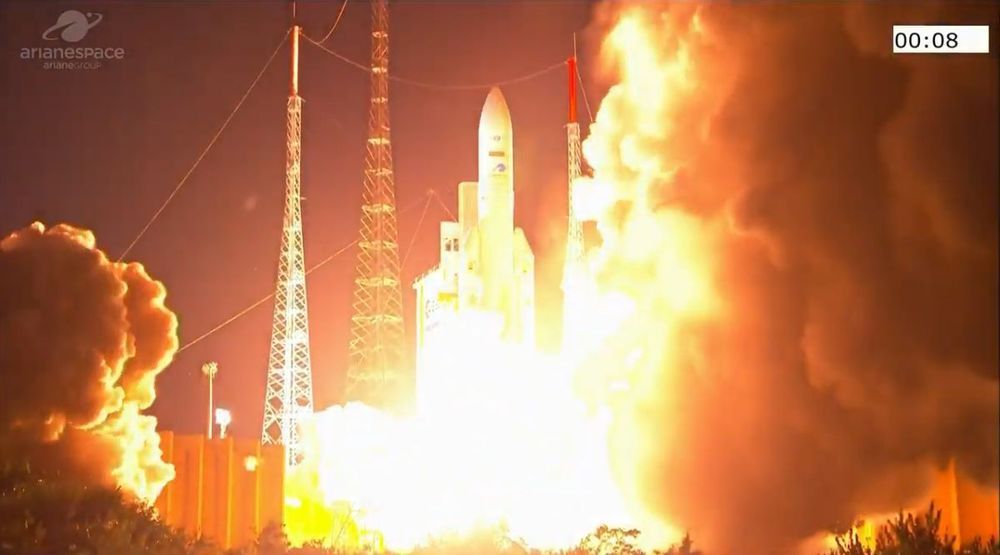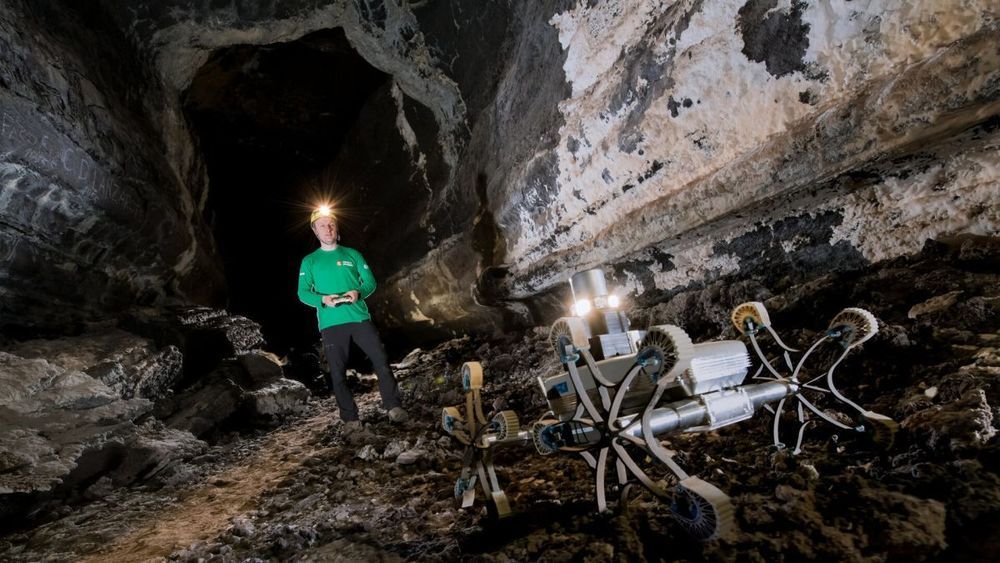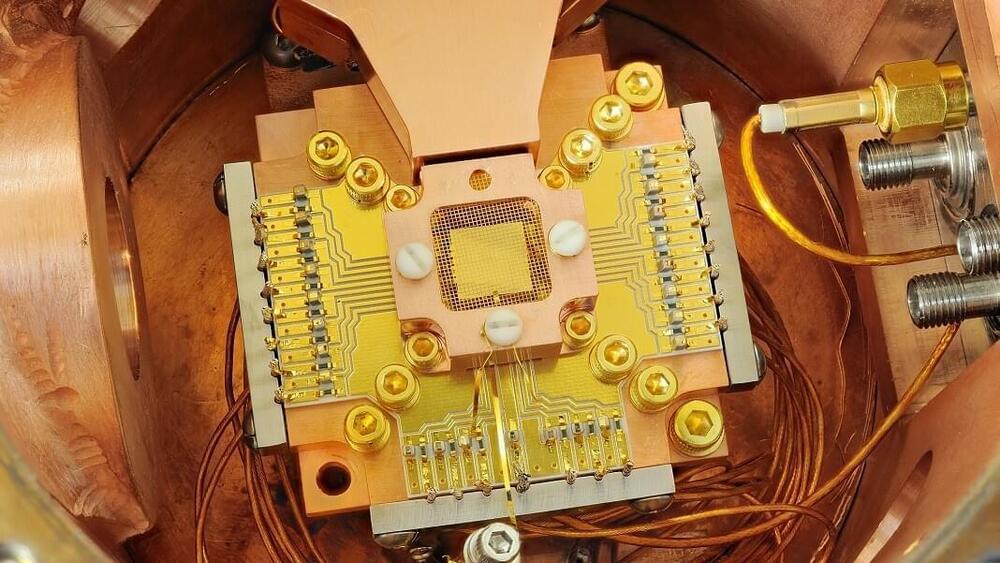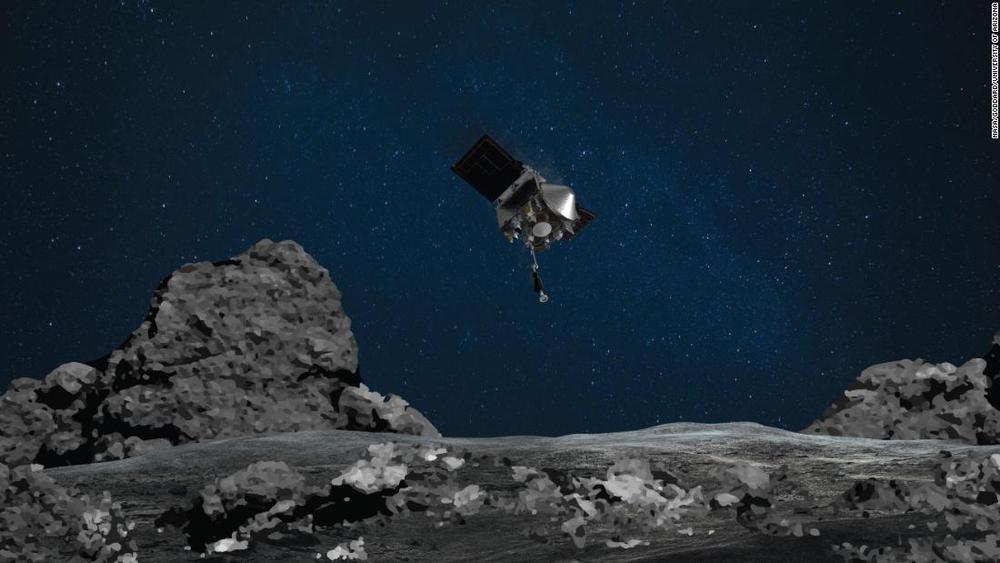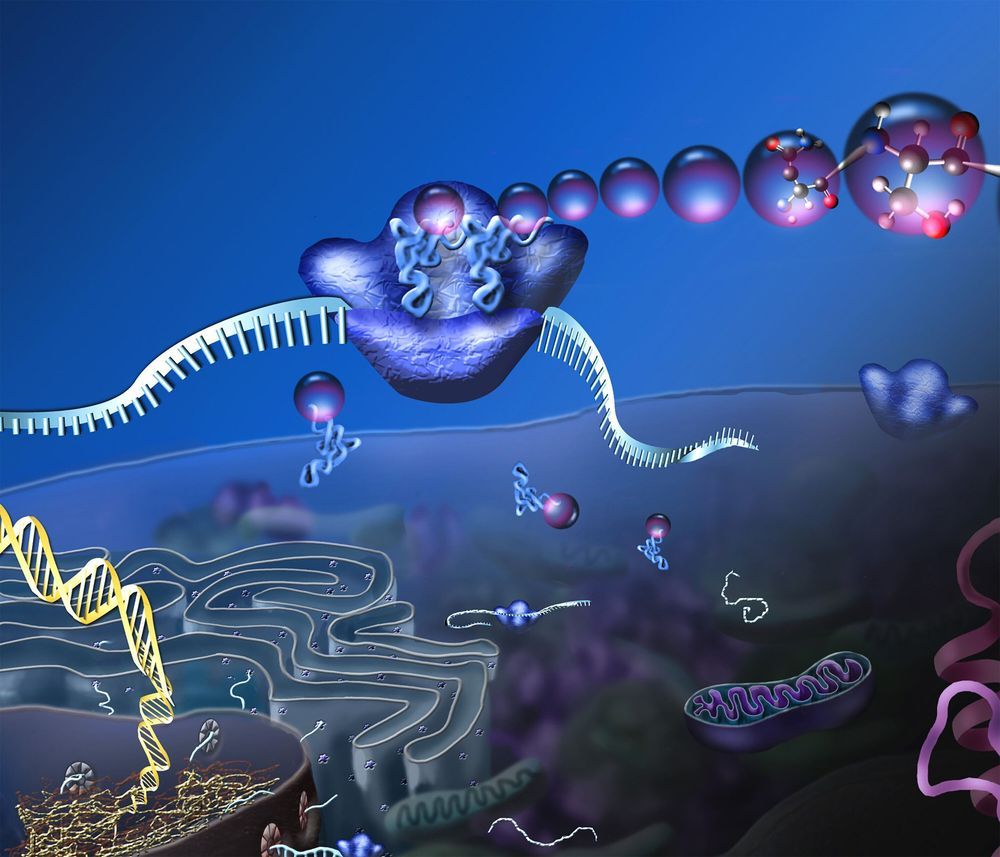Aug 15, 2020
Ariane 5 rocket launches robotic space tug into orbit alongside 2 communications satellites
Posted by Alberto Lao in categories: robotics/AI, satellites
A new space tug, only the second-ever to extend the life of older satellites, launched into orbit Saturday on a European rocket after weeks of delays due to weather and rocket checks.
An Arianespace Ariane 5 rocket hefted the Mission Extension Vehicle-2 (MEV-2) into space Sunday (July 31), putting the vehicle en route to an Intelsat satellite waiting for a boost into a higher orbit. Riding along on the rocket were two satellites for broadband communications.
